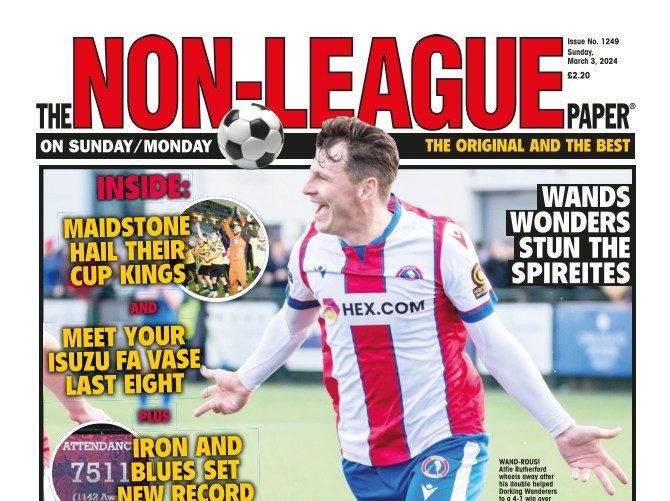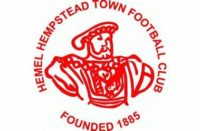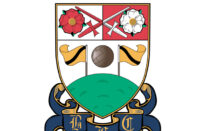Georgie Kelly probably didn't anticipate his match-winning goal in Rotherham's victory over Huddersfield sparking a debate on the quality of the League of Ireland, the league in which Kelly made his name.
But that's precisely what happened when his manager, the recently appointed Matt Taylor, spoke of the “incredibly raw” Kelly post-match: “He's come from Ireland which, with no disrespect to Irish football, is the equivalent of non-league level in the English pyramid.”
More often than not, whenever the words ‘with no disrespect' are spoken, controversy of some description tends to follow.
And while Taylor likely made the comment to keep Kelly's feet on the ground and/or reduce the pressure on his player after a promising start to his Rotherham career, it's fair to say drawing such a comparison hasn't gone down too well among staunch supporters of Ireland's premier division.
Those who didn't take to Taylor's comments particularly well were quick to point to Rotherham's Chiedozie Ogbene – whose early career was shaped in the LOI at Cork City and Limerick – as proof that Taylor's snobbery of the League of Ireland is somewhat flawed.
Ogbene, via spells at Brentford and at Exeter, has become a regular fixture in the Rotherham side over recent years and has also been frequently selected by Republic boss, Stephen Kenny.
But while Ogbene's ascent goes to show how a former League of Ireland player can cut it in Europe's most competitive second tier, Ogbene's journey also demonstrates the limitations of Ireland's top division.
For example, what would have been the chances of Ogbene becoming a full Irish international had he continued to play for Limerick in the LOI?
Chances are, he wouldn't. And that is because, like the National League, the League of Ireland is viewed as a stepping stone in shaping a player's development and providing them with a platform to progress onto bigger and better things, if talent allows of course.
The young trio of Darragh Burns, Dawson Devoy and Daniel Mândroiu have followed Ogbene in swapping the upper part of the LOI – and in some cases, European football – for League One England having joined MK Dons and Lincoln respectively.
In the case of Mândroiu in particular, the lure of European football wasn't enough to stop him from leaving Ireland for England's third division, a further slap in the face for the LOI.
However, those arguing against Taylor would point to the recent performance of Ireland's clubs in Europe as proof of the overall strength of the division.
LOI champions Shamrock Rovers hardly disgraced themselves in their Europa Conference League campaign.
While none of the top Irish betting sites would've had Stephen Bradley's side as favorites to qualify from the group, Shamrock held their own at times, even managing credible draws against Gent and group winners, Djurgården.
Taking this into account, are Taylor's comments perhaps harsh? Possibly.
But drawing comparisons between the National League and the LOI feels rather unbalanced to start with. The gulf between the two leagues in terms of sheer numbers, financial power, and grand allure is stark.
For example, the National League, or Conference as it has been known, is made up of 24 teams, the majority of which are professional and include former EFL members including Notts County, Wrexham and Chesterfield to name just three.
Thanks to well-attended games, the broadcast agreement in place with BT Sports and the drip-down of finances from the Premier League, the National League is one of the most competitive non-league divisions in Europe.
Ireland's top flight, by comparison, has just ten clubs, of which only seven are professional. Attendance-wise, the league-high average of 5,700 who watched Shamrock on their way to a 20th LOI title is almost half the number of spectators Wrexham get.
The gap is further emphasized when it comes to prize money – winning the National League gets you around ten times more than what's on offer for winning the LOI.
In summarising Taylor's comments, it's easy to see why Irish soccer fans are somewhat irked at having their top division likened to what is England's fifth tier.
But like the non-league game in England, Irish football plays an important role in showcasing talent, which, ultimately, needs to be honed. This is all Taylor was getting at really.






















